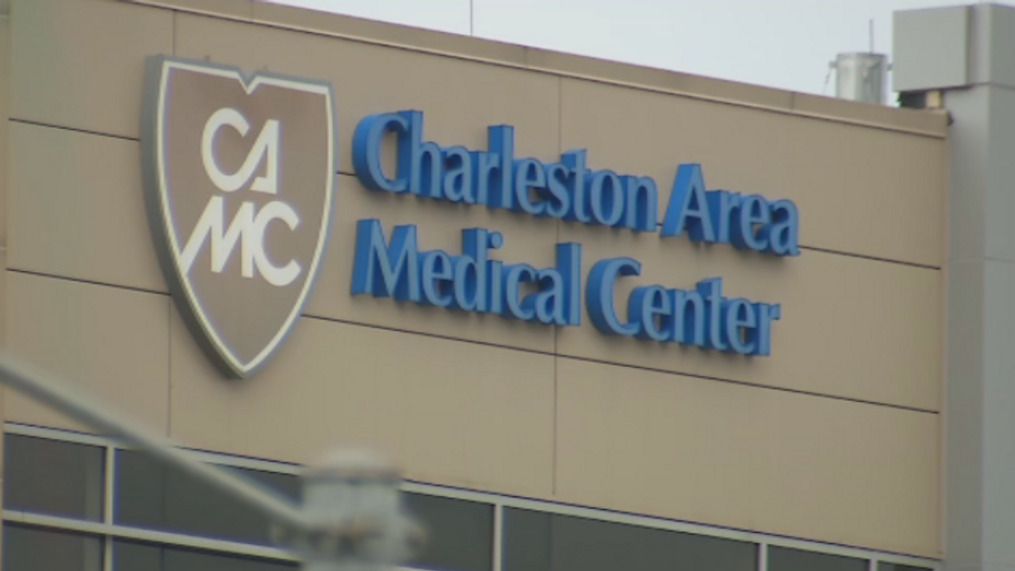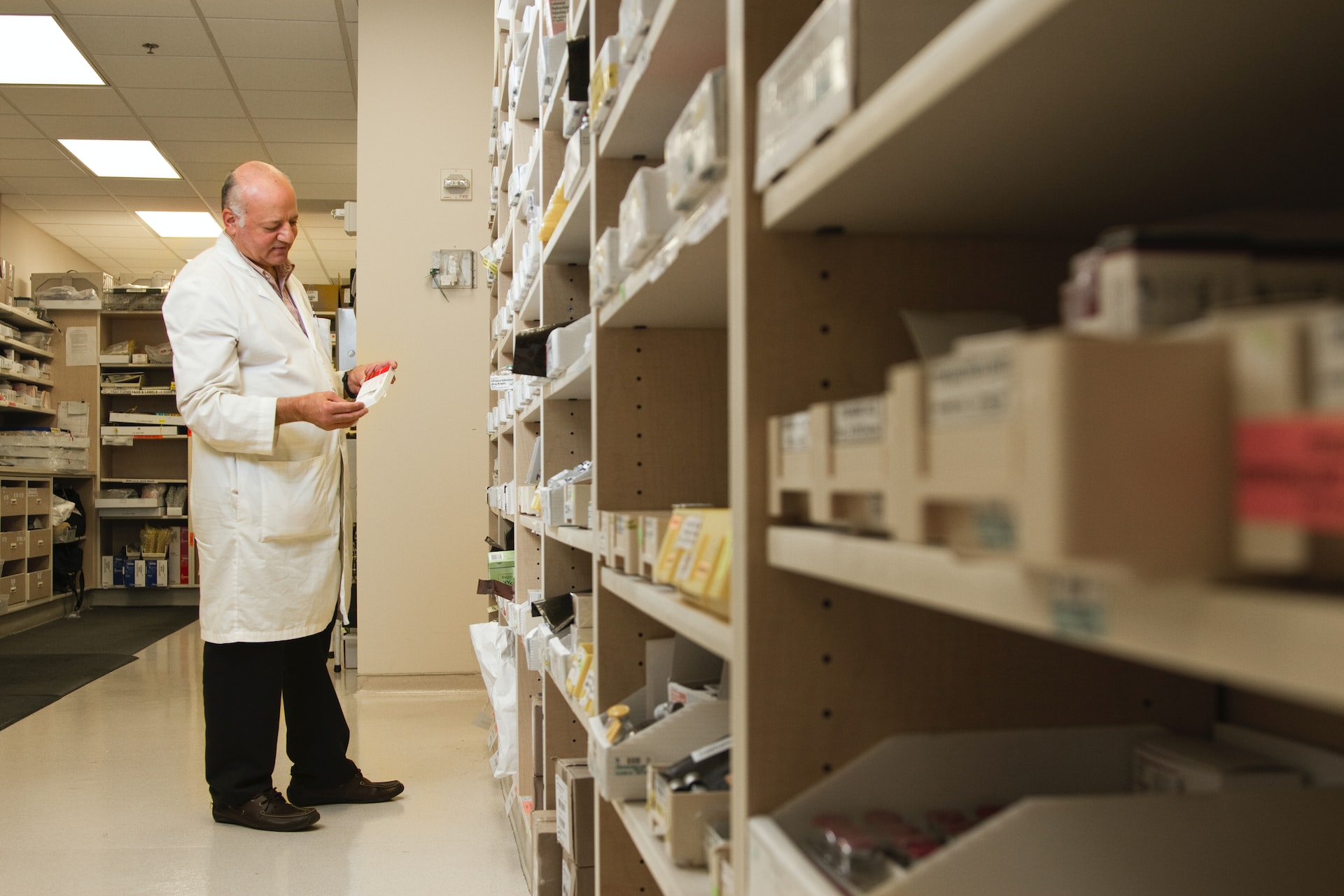Rachel Persinger, who works on the Open Heart Progressive Care Unit in the Charleston Area Medical Center in West Virginia, has become an inspiration to nurses everywhere. She took an unusual route to landing her dream job. As a deaf person, she overcame discrimination and countless challenges to become the provider she always wanted to be.
“I’ve been with CAMC since the beginning of 2020, and I would have never thought as a new nursing graduate that I would be diving headfirst into nursing in a pandemic,” she said.
Persinger thought about being a teacher or a lawyer when she first started looking for a career, but the idea of being a nurse called out to her, so she decided to take a leap of faith.
“I applied for a school up in Pennsylvania after I graduated high school, and they basically told me I couldn’t be a nurse because I was deaf,” Persinger said.
But being deaf isn’t considered a disability. Around 36 million Americans are deaf, and Persinger knew that she had what it takes to become a nurse.
She eventually earned her bachelor’s and master’s degree in nursing before working at the CAMC at the start of the pandemic.
“You have doctors that have accents, and on top of barely being able to understand you, I can’t read your lips because of the masks, but I made it work, and CAMC has made it work,” Persinger said.
Her employer accommodated her unique needs on the job. And Persinger provided skills that no one else could provide. She gave comfort and support to the deaf community during the chaos that was COVID-19.
“If people could just know the medical necessities, like where you are hurting or what you need—are you hungry or thirsty?” Persinger said, “basic communications could really make a difference.”
She said she learned to not let other people tell you that you can’t do something. It’s better to have faith and try.
“It takes time to be where I want to be, and I’m happy to say I’ve made it, and I love it here; I love it at the CAMC Open Heart Progressive Care Unit; I love my coworkers; I love my patients; I love my doctors; but it took time and it took patience,” Persinger said.
There is nothing stopping deaf individuals from becoming nurses. Nurses who are hard of hearing are legally entitled to use accommodations like ASL (American Sign Language) interpreters and tools such as amplified stethoscopes to assist them.
Lauren Searls overcame similar obstacles to earn her RN degree from John Hopkins University School of Nursing. She relied on interpreters in the classroom and is now on her way to earning a master’s degree.
“I go into the patients’ rooms with confidence, introduce myself, tell the patients that I am deaf and will rely on interpreters as needed,” Searls explained. “I have been able to make it work effectively. Although I do well in one-on-one situations and small group settings, I am not hearing and only 30 percent of the English language is lip readable and there is no guarantee that everyone speaks clearly or is easy to understand. Working with an interpreter is the only way I’ll be able to ensure I have access to what is going on around me.”



